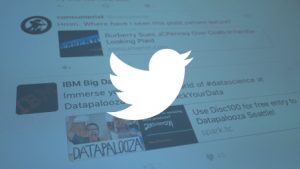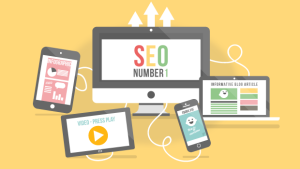Tips for effectively integrating artificial intelligence into your campaigns, from planning to execution and analysis.

Lately, it seems like everyone is focused on AI. To summarize what I’ve read: AI is the panacea; problems will cease to exist and we’ll be more productive than ever if we just use AI.
The reality is that, at least in marketing, AI is not new. We’ve been using it for years and its use continues to grow as new opportunities for automation appear with each advancement in AI capabilities. AI is one of many tools available to us. Just like all tools, we have to use the mechanic’s motto: “Use the right tool for the right job.”
Determining the right marketing jobs for AI
What are the right jobs for AI? To answer that, let’s take a sample marketing campaign where we’re selling all-inclusive Mexico vacations and see where AI can help.
Assuming this is our first foray into marketing our fictitious Mexico vacations, we don’t have the opportunity to evaluate historical data. If we had historical data, we could use AI to analyze it for key insights, but I’d still want a human to review the results.
Setting campaign goals with AI assistance
AI could help us refine our campaign’s goals, but we already know our KPI will be the number of vacations booked. We can determine the target number based on our financial data. If the data are structured and in an accessible environment, this is something AI could do, but I’m skeptical that it would be significantly more efficient to use AI.
Identifying audiences and channels
I don’t typically use AI for this, but for the purpose of this piece, I decided to try it. At first, AI gave me a really good answer on determining audiences and channels for the campaign, but it was very general. I pushed it for this specific campaign, and the results were slightly more specific but still very general.
As for channels, it gave me every relevant channel in existence, and when I asked it to split up the budget, it was sort of random. The good news, though, is that it said what I always say, which is that this is a place to start, and we should make changes after we begin based on the results. As someone with a solid process for this, I don’t think AI helped me here.
Using AI for keyword research
Keyword research is where I have used AI for years and wouldn’t have it any other way. AI saves me tons of hours and does work I don’t want to do. If you’re not using AI for keyword research, you’re doing it wrong. That isn’t to say I have no role in the process, but AI does about 90% of the work.
Building AI-powered creative
In my mind, this is AI’s most recent big advancement. Previously, we’d rely on creative teams to create 100% of the content. These days, though, writing the content we need for search is done almost entirely by AI.
For static ads, AI can handle approximately 80% of this work, with human intervention needed at the beginning and end. Video is still mostly a human activity, but AI is a great assistant and can save some time. Overall, marketers should look for AI opportunities at this step.
Campaign execution: The next AI frontier
The penultimate step is execution. In my mind, this is AI’s next big opportunity. Given the repetitive and concrete nature of the work, AI would be better suited to take over this human endeavor eventually. Today, however, this is a human step.
Measurement, reporting and analytics with AI
Regarding analytics, AI can do a first pass at the data to look for anomalies. Deep dives and more exploratory analyses will be human-led, but we can strategically use AI for certain concrete tasks, like cleaning data.
In analytics, we are morphing from being the doers to training AI how to do the analyses we want. AI saves us time and is often more accurate than humans. However, where abstract thought is needed, humans still take charge.
Integrating AI for marketing success
As you can see, AI plays an increasing role in running efficient marketing campaigns and is poised to grow that footprint. I don’t foresee AI completely taking over because if we’re all using the same tools and processes, where will the competitive advantage come from? That said, if you’re not integrating AI into your process, you’re leaving money on the table.
The post How does AI fit into marketing campaigns? appeared first on MarTech.
(8)
Report Post








